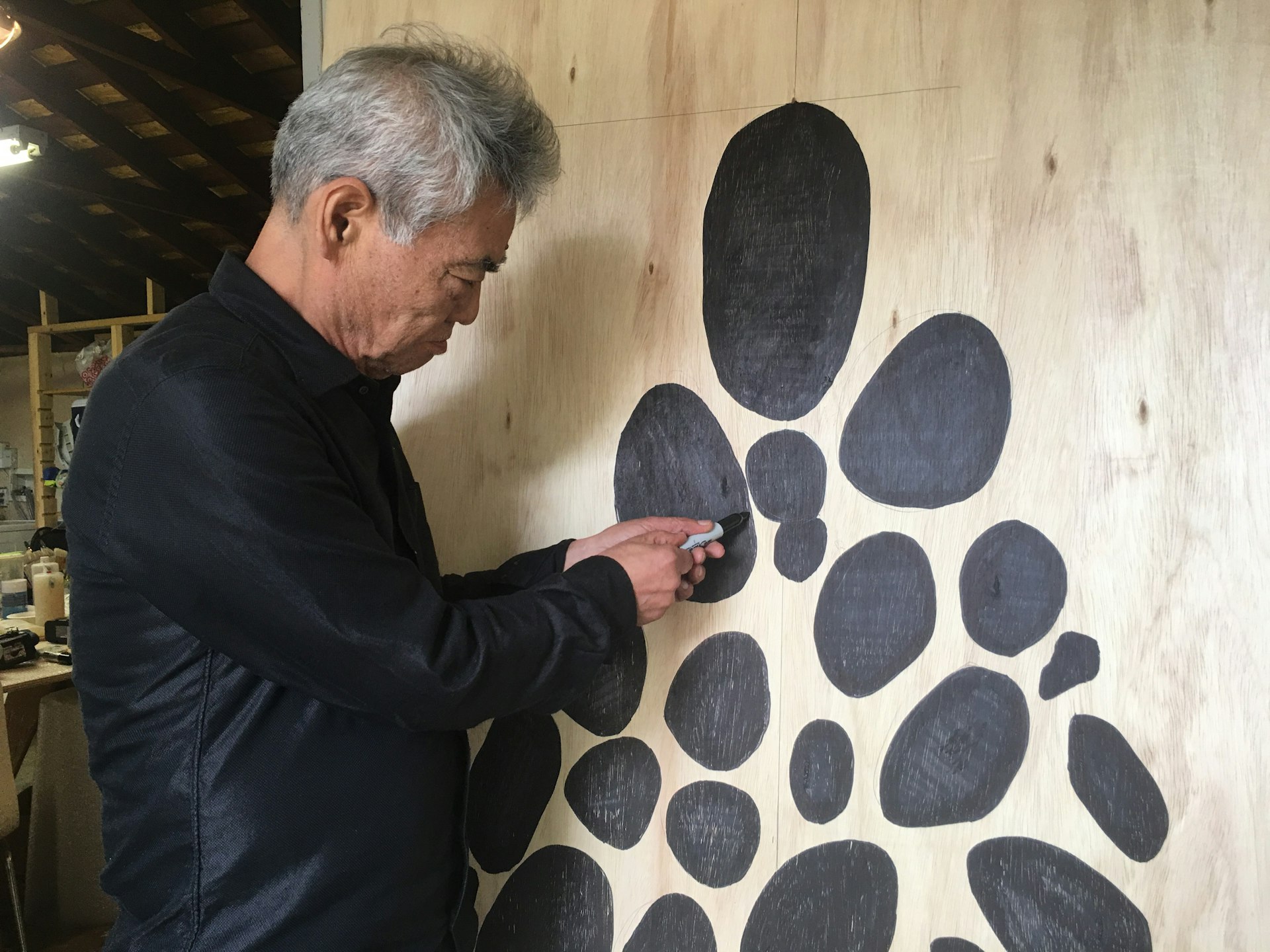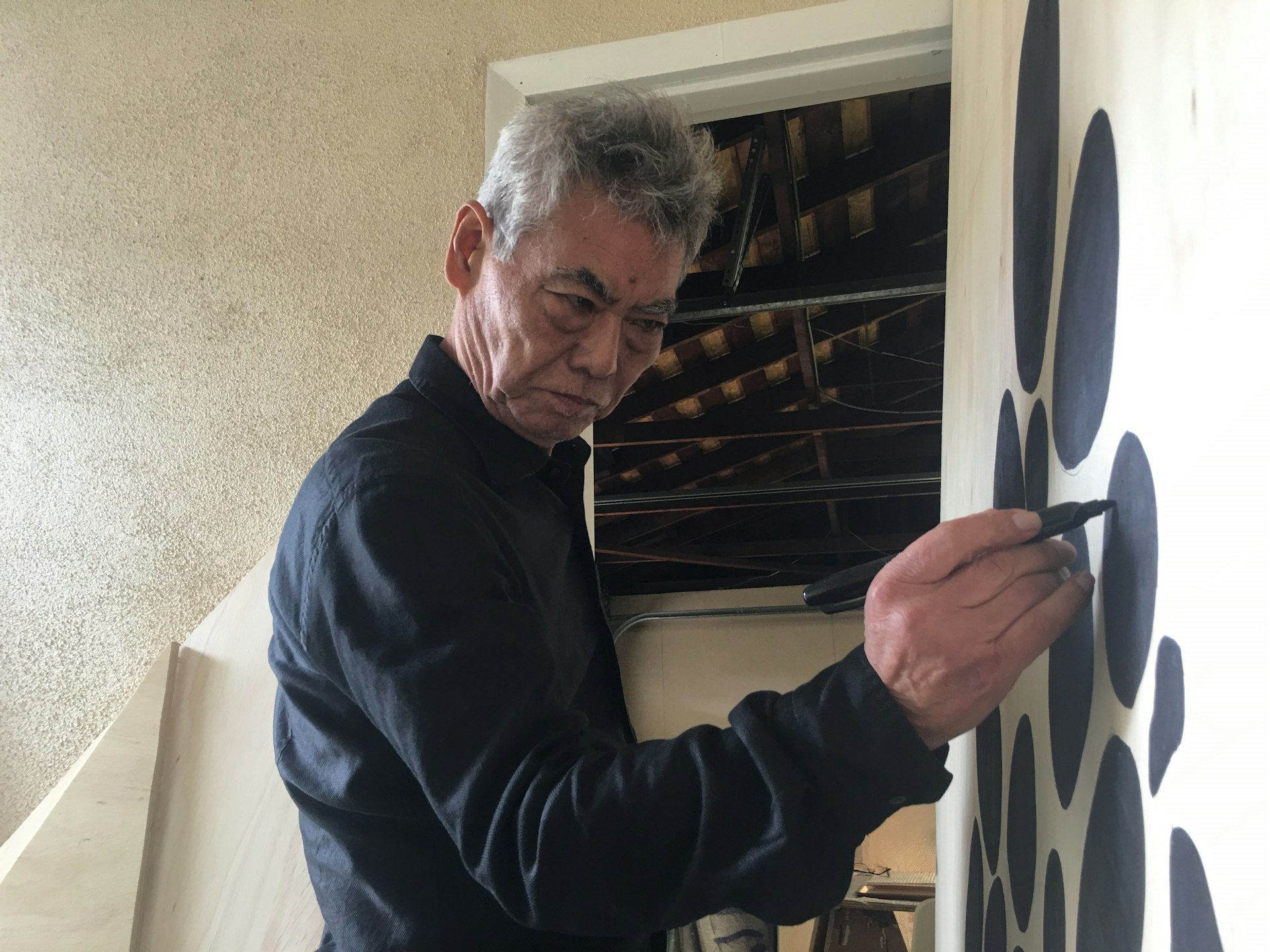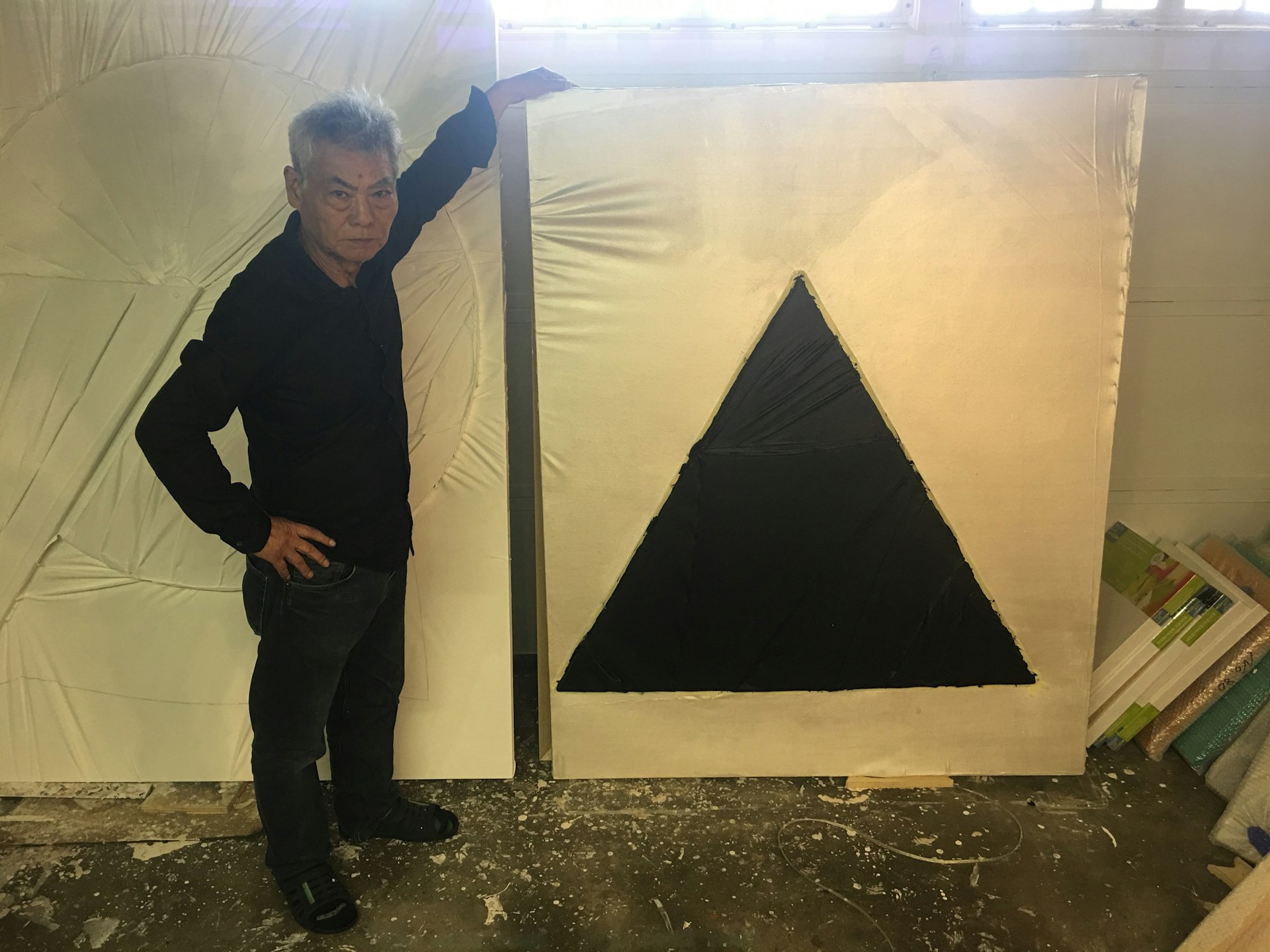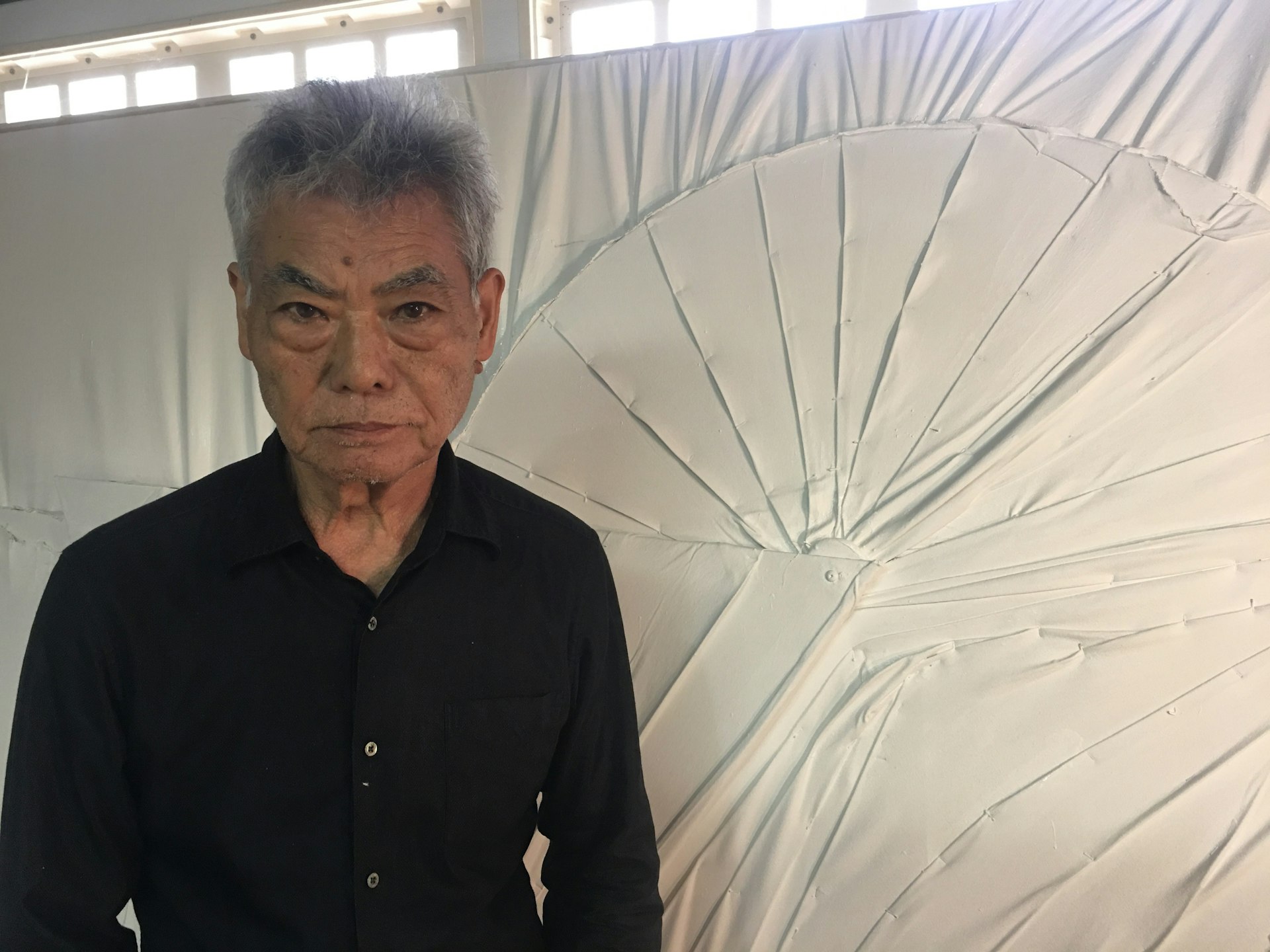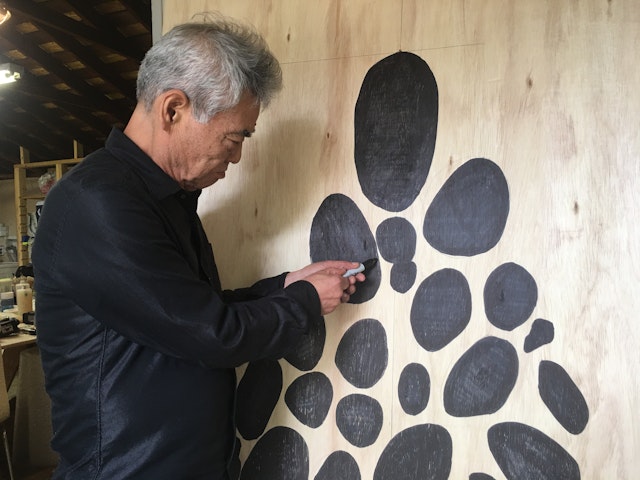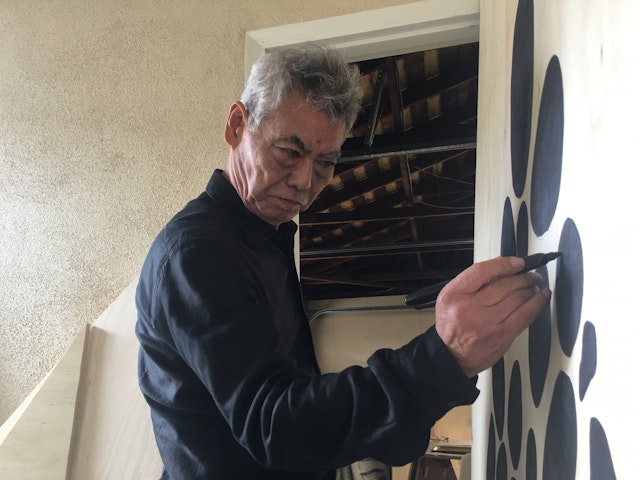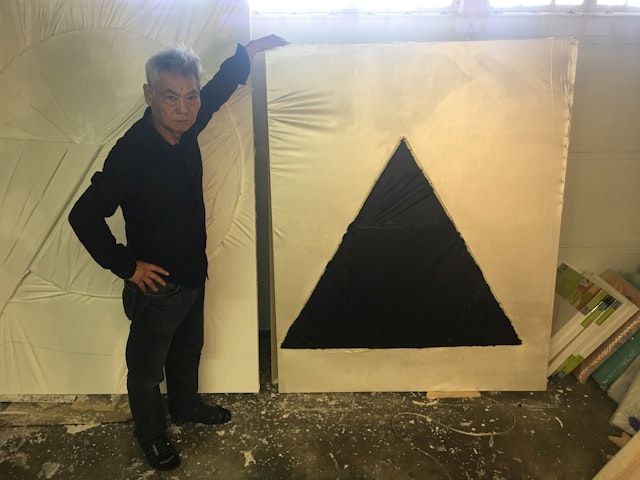Nobuo Sekine
Nobuo Sekine
2019 Passed away in Los Angeles at the age of 76.
1986 “Japan of Avant-garde Art” Centre Georges Pompidou, Paris, France.
1986 “Mono-ha Exhibition” Kamakura Gallery, Tokyo, Japan.
1981 “The Turning Point of Contemporary Art in the 1960s” The National Museum of Modern, Tokyo, Japan.
1979 Hennii Onstad Museum, Oslo, Norway.
1978 Cresthalle Dusseldorf, Dusseldorf, Germany.
1974 “11th Tokyo Biennale Exhibition” Tokyo Metropolitan Art Museum, Tokyo, Japan.
1970 “World Exposition Museum Exhibition” Osaka, Japan.
1969 1st International Contemporary Sculpture Exhibition, Hakone Mori Museum, Hakone, Japan
1969 6th Biennale des Youth, Paris, France.
1968 “OOXPLAN” Muramatsu Gallery, Tokyo, Japan.
1968 “1st Kobe Suma Detached Palace Park Contemporary Sculpture Exhibition” Hyogo, Japan
